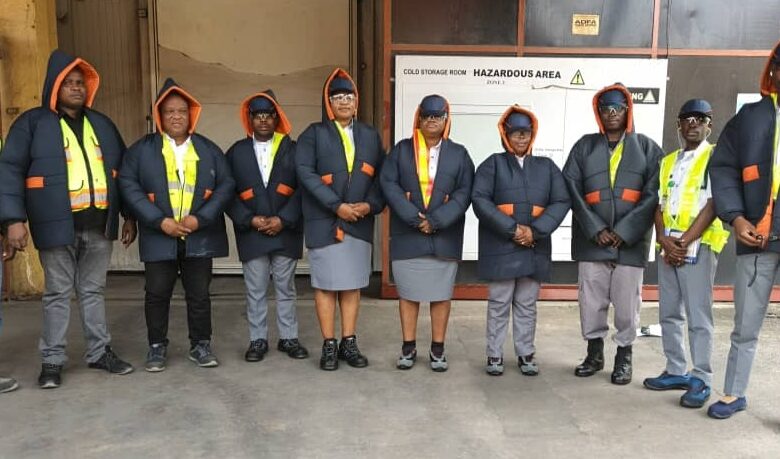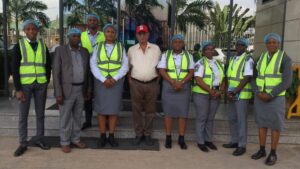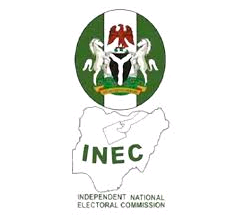
The Nigeria Customs Service (NCS) has launched the automated Excise Register System (ERS) to enhance the efficiency of its excise administration.
The National Public Relations Officer of the NCS, Assistant Comptroller Abdullahi Maiwada, disclosed this in a statement on Thursday, noting that the development follows a successful conclusion of the pilot phase of the automated ERS.
“The formal activation of the ERS follows a series of extensive field activities undertaken by the Service, which included rigorous User Acceptance Testing (UAT), system validation processes, and comprehensive hands-on training engagements with both Customs officers and excise factory personnel.
“Building on this progress, the Excise Register System (ERS) has officially gone live at three key excise facilities across the country: British American Tobacco Nigeria (BATN) PLC in Oyo State, International Tobacco Company (ITC) Limited in Kwara State, and Leaf Tobacco & Commodities Nigeria Ltd in Kaduna State.
“These factories were deliberately chosen as pilot sites in recognition of their strategic importance to Nigeria’s excise sector and their capacity to provide a strong foundation for the nationwide rollout,” the statement reads in part.

AC Maiwada revealed that the pilot phase, which was conducted between July and August 2025, served as a proving ground for the new digital platform.
He highlighted notable achievements from the pilot phase, including the attainment of a 75% efficiency score during UAT at BATN, the successful integration of production and reporting systems across the factories, and strengthened collaboration between NCS and factory management teams.
“With the commencement of live operations, all excise-related transactions at the three factories will now be managed exclusively through the ERS. This includes recording production figures, computing excise duties, and generating statutory reports.
“The adoption of the platform is expected to drastically reduce reliance on manual documentation, eliminate inconsistencies in data reporting, and enhance transparency across the excise value chain. Ultimately, this transition is a crucial step towards building a more accountable and technology-driven excise administration framework,” he added.

The spokesperson affirmed that the insights and lessons drawn from the pilot phase will provide a solid blueprint for the system’s nationwide rollout, emphasising that the ERS stands as a central pillar of the NCS’s broader Trade Modernisation Project.
He stated that the ERS will be extended to cover other excise-regulated industries, including beverages, spirits, and additional segments of the manufacturing sector in its next phases.
The Service urged industry operators and stakeholders to embrace this noble reform and provide constructive feedback as the system is expanded nationwide.
It also called for stakeholders’ support in building a more robust and transparent excise regime that fosters compliance, enhances operational efficiency, and guarantees sustainable revenue growth for the Federal Government.








[b]Join our reseller and affiliate program and promote a powerful and efficient automation tool that posts to Facebook groups and FB communities directly from your browser.
– Perfect for real estate, e-commerce, automotive, services, B2B
– Suitable for traffic arbitrage, CPA, gambling & betting, dating, crypto projects, info business
– Passive income from client subscriptions
– Unique promo code = best prices for your clients
– Free 30-day access
– Discounts for multiple licenses and annual plans[/b]
– Convenient categorization of groups – by niche, client or language
– Spintax support – each message is unique
– Automatic addition of the first comment with a delay
– Integration with RSS and Facebook pages – new publications appear automatically
– Scheduling by phone – publishing from a computer
– Мы говорим по-русски
– Wir sprechen Deutsch
[u]Try[/u] [url=https://noblesseexport.com]free for 30 days![/url] +420 735 308 990 ([url=viber://chat?number=420735308990]Viber[/url]/[url=https://wa.me/420735308990?text=]WhatsApp[/url]/[url=https://telegram.me/noblesseexport]Telegram[/url])
лучшие нейросети для написания текстов песен
Hello.
I’m new here 🙂